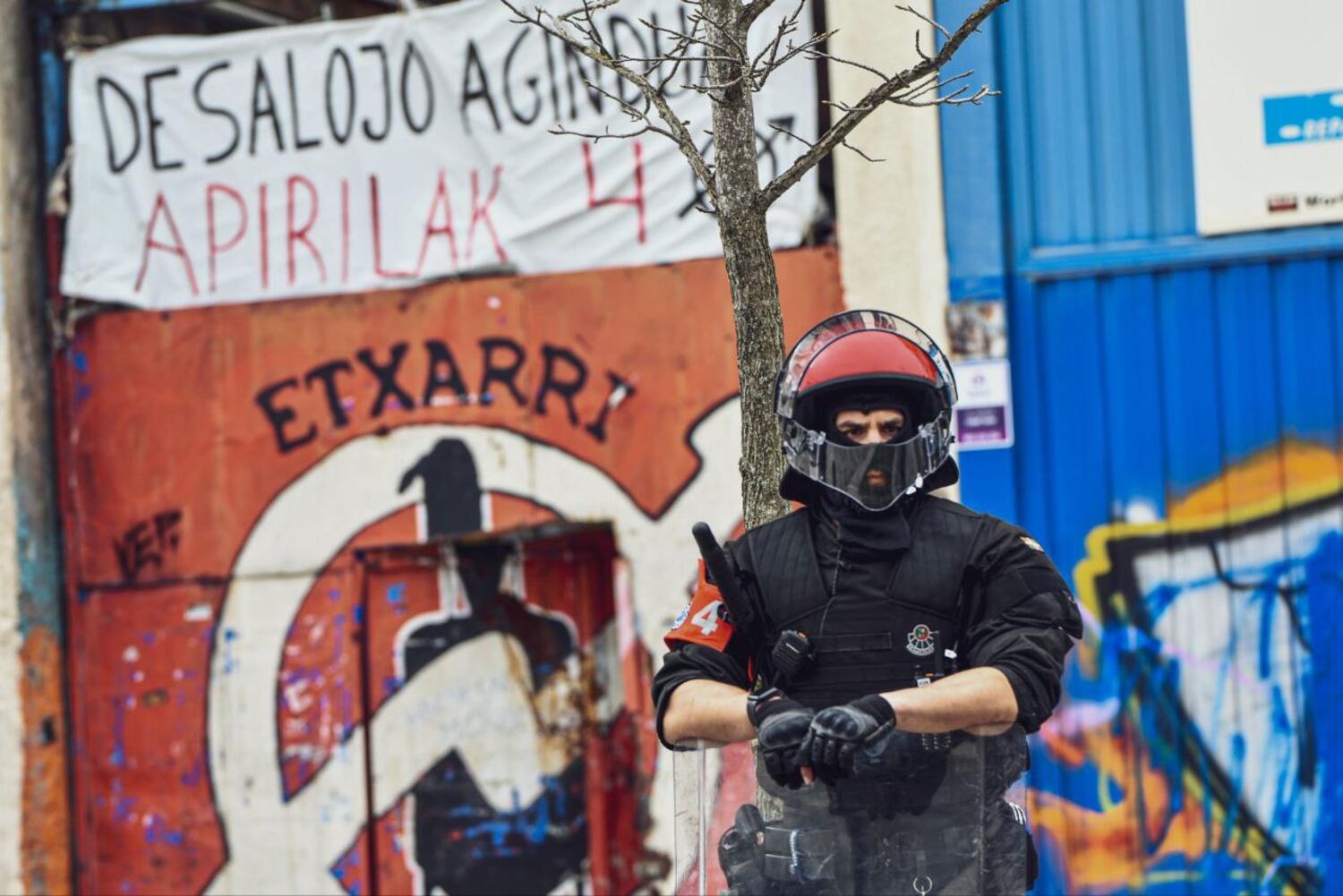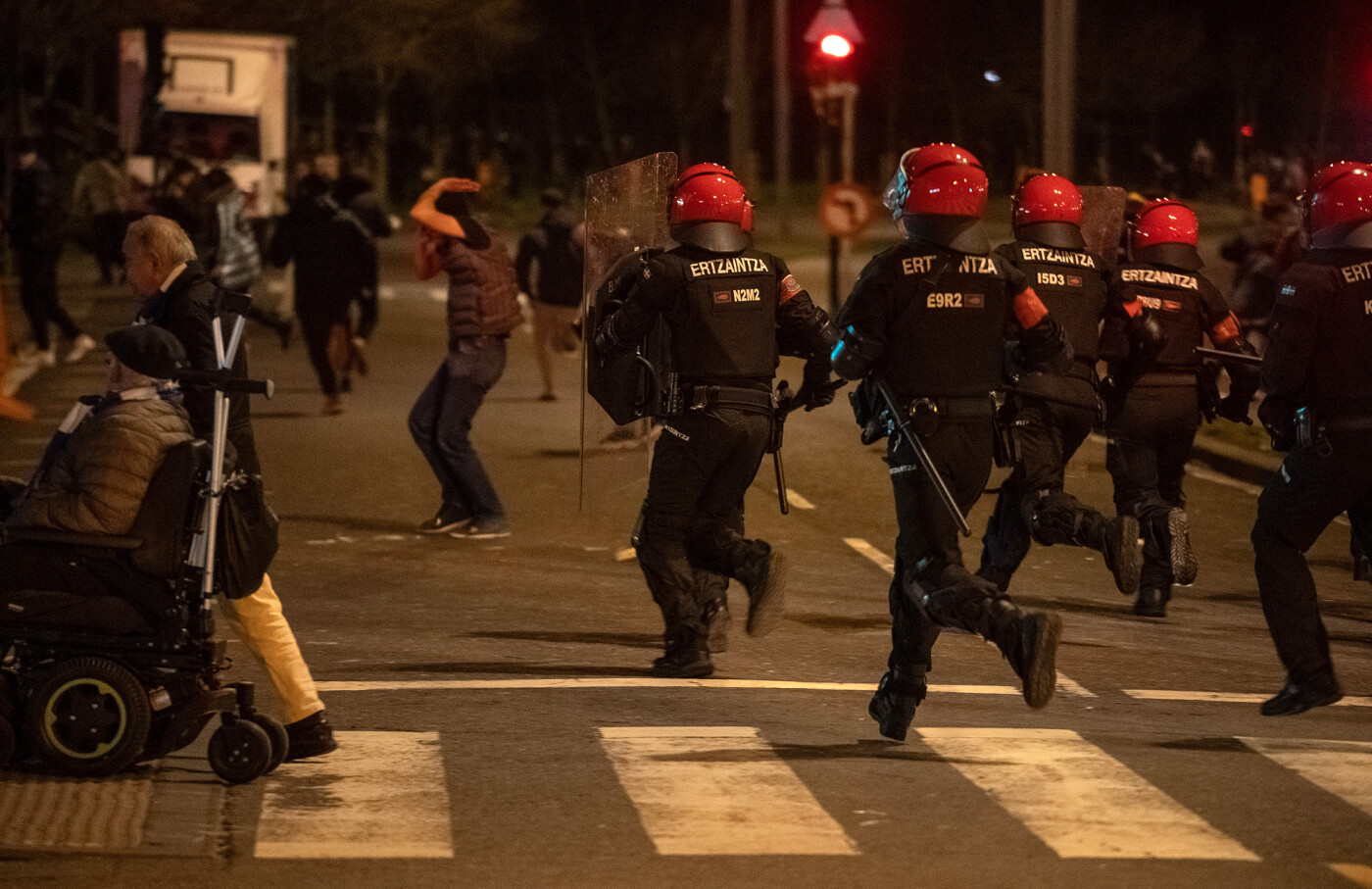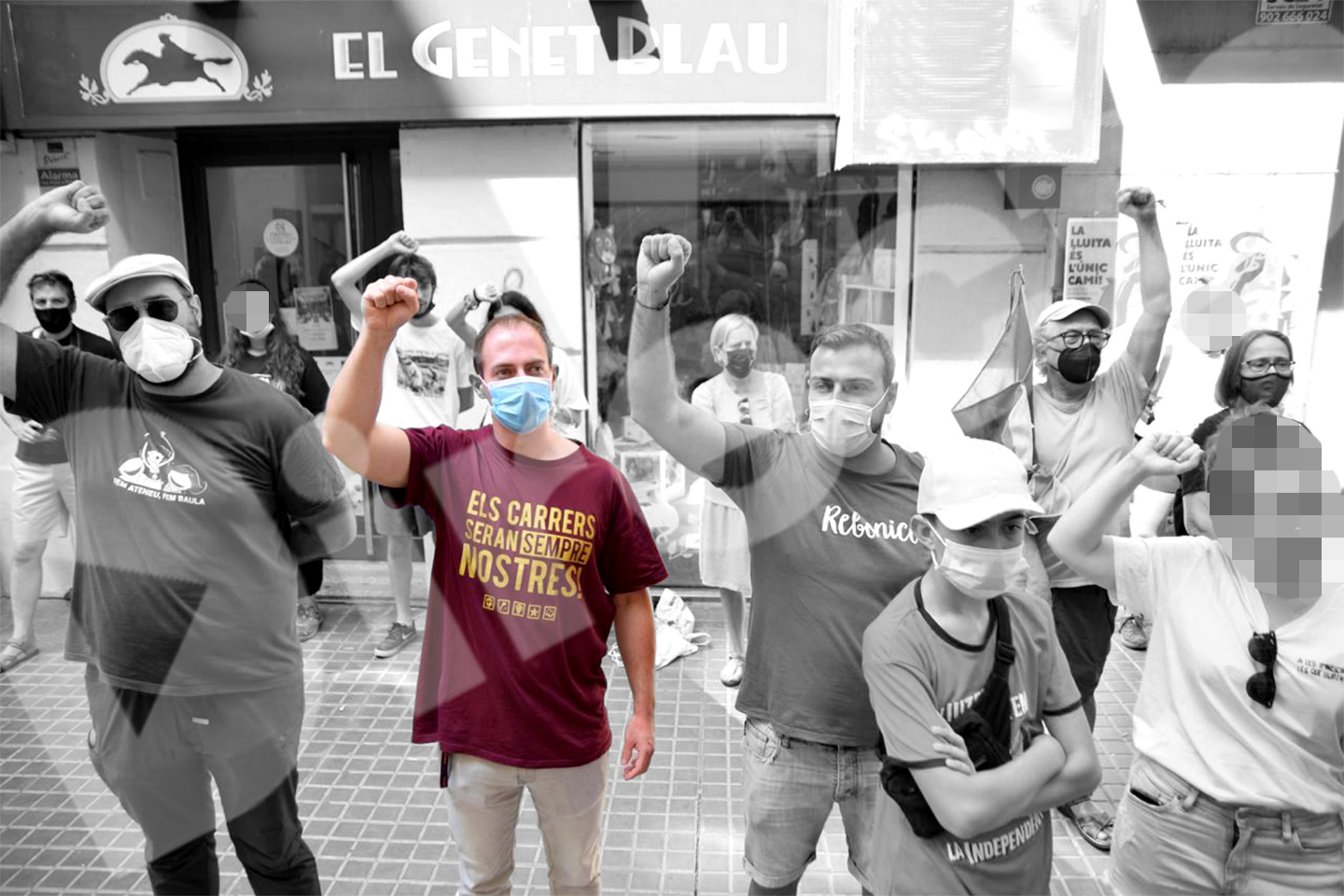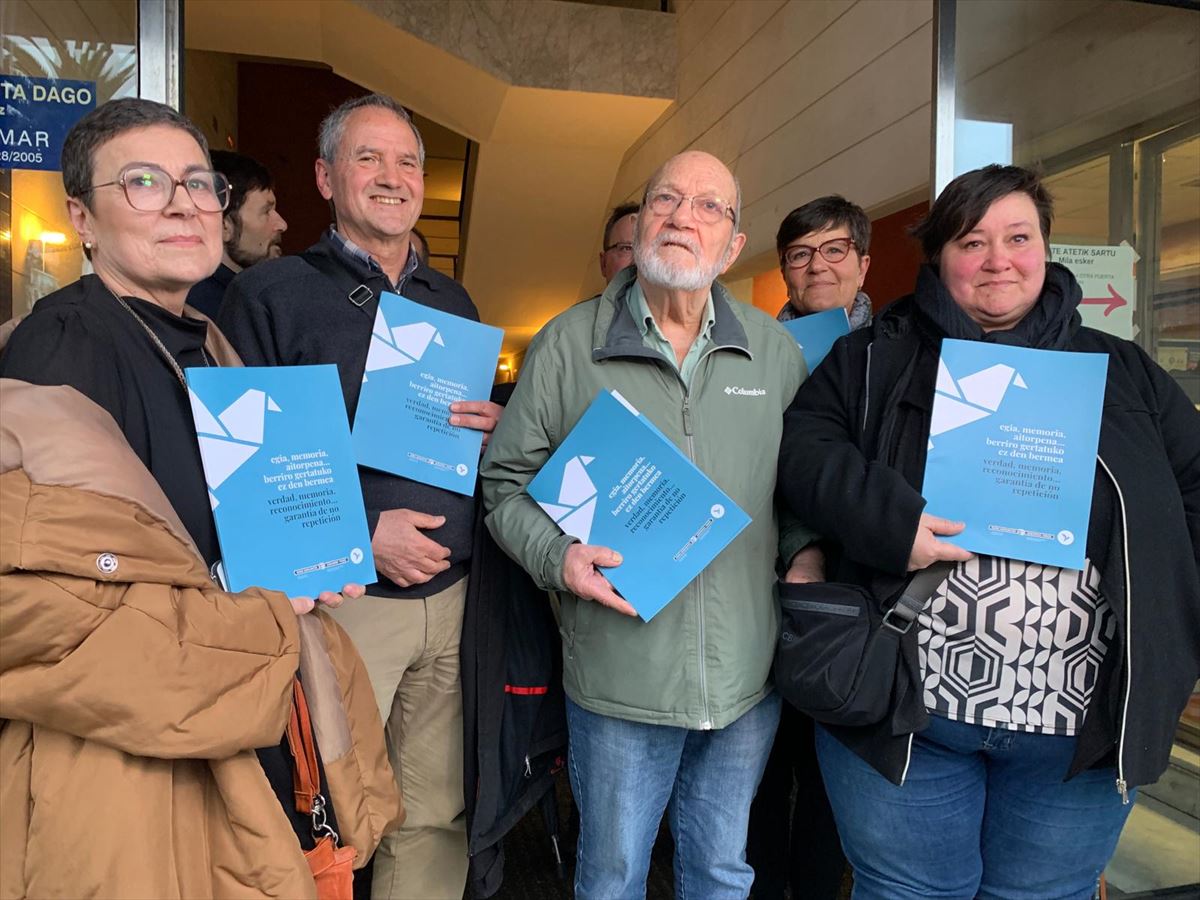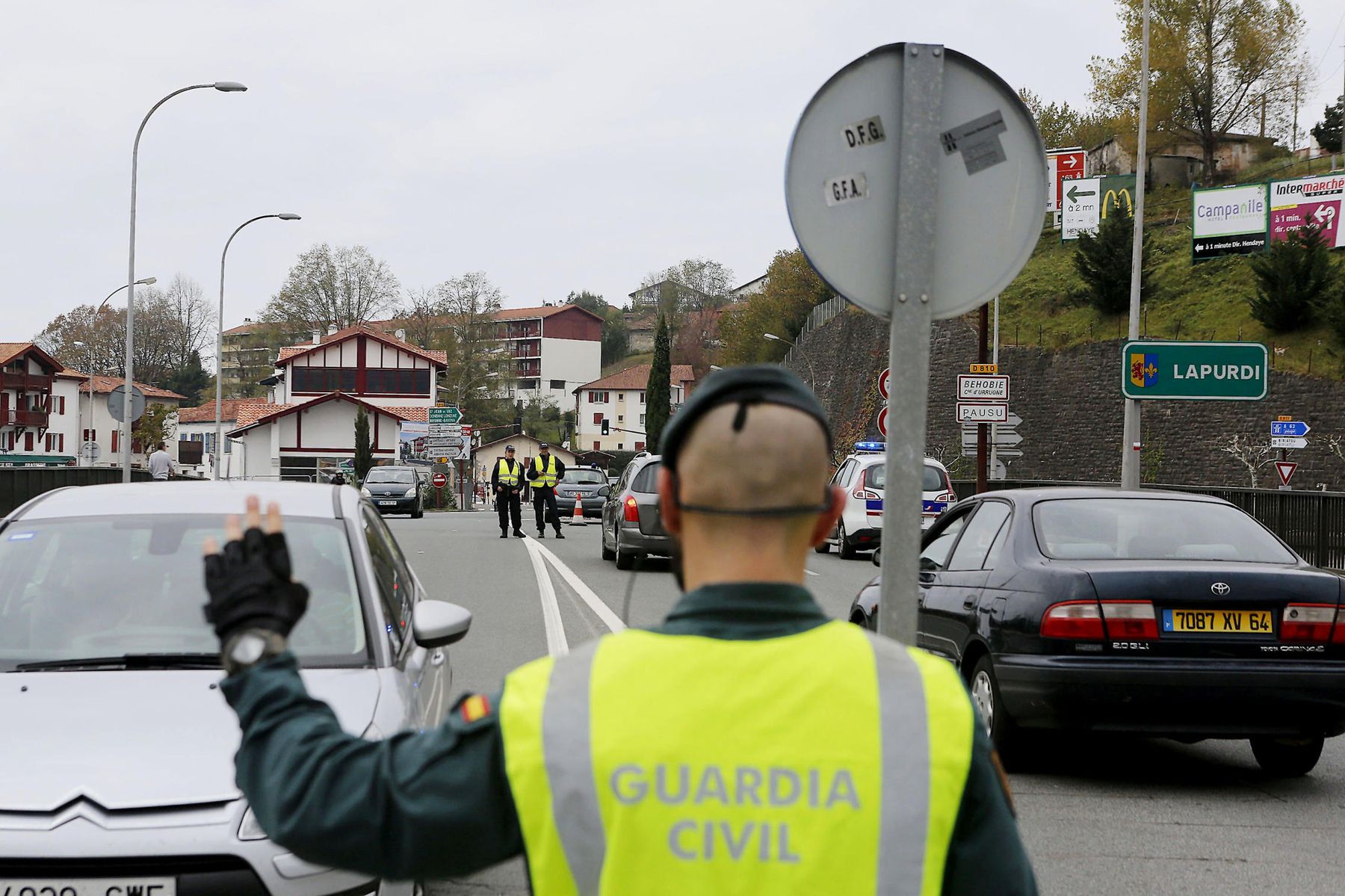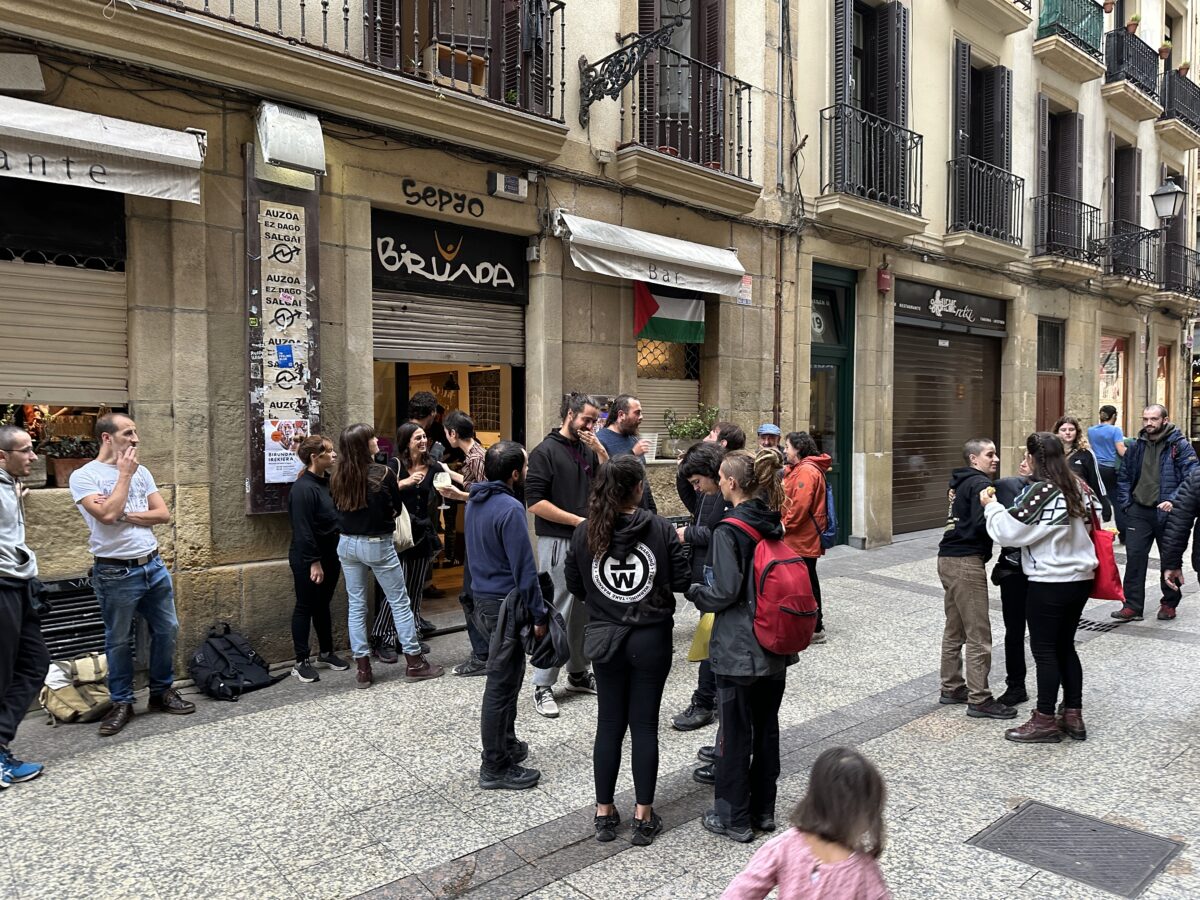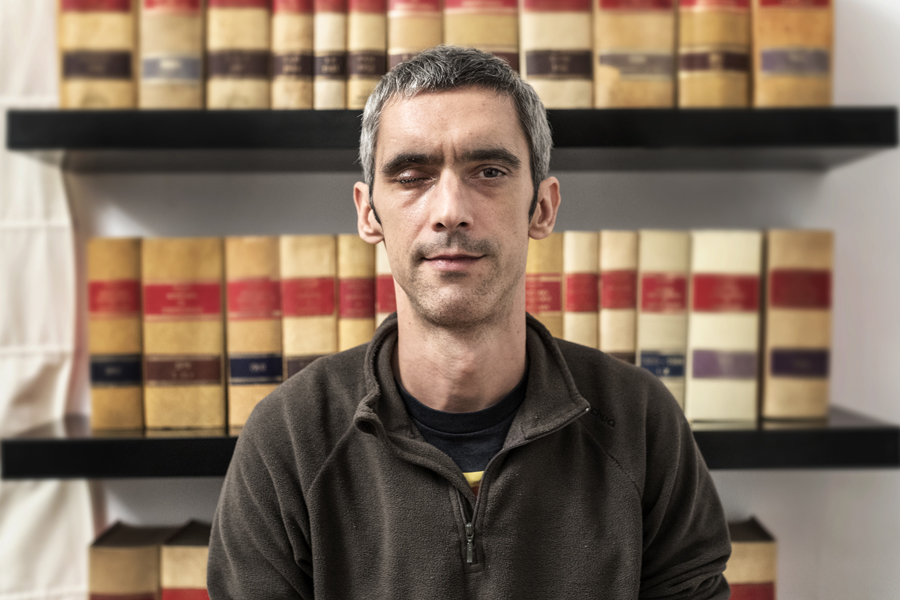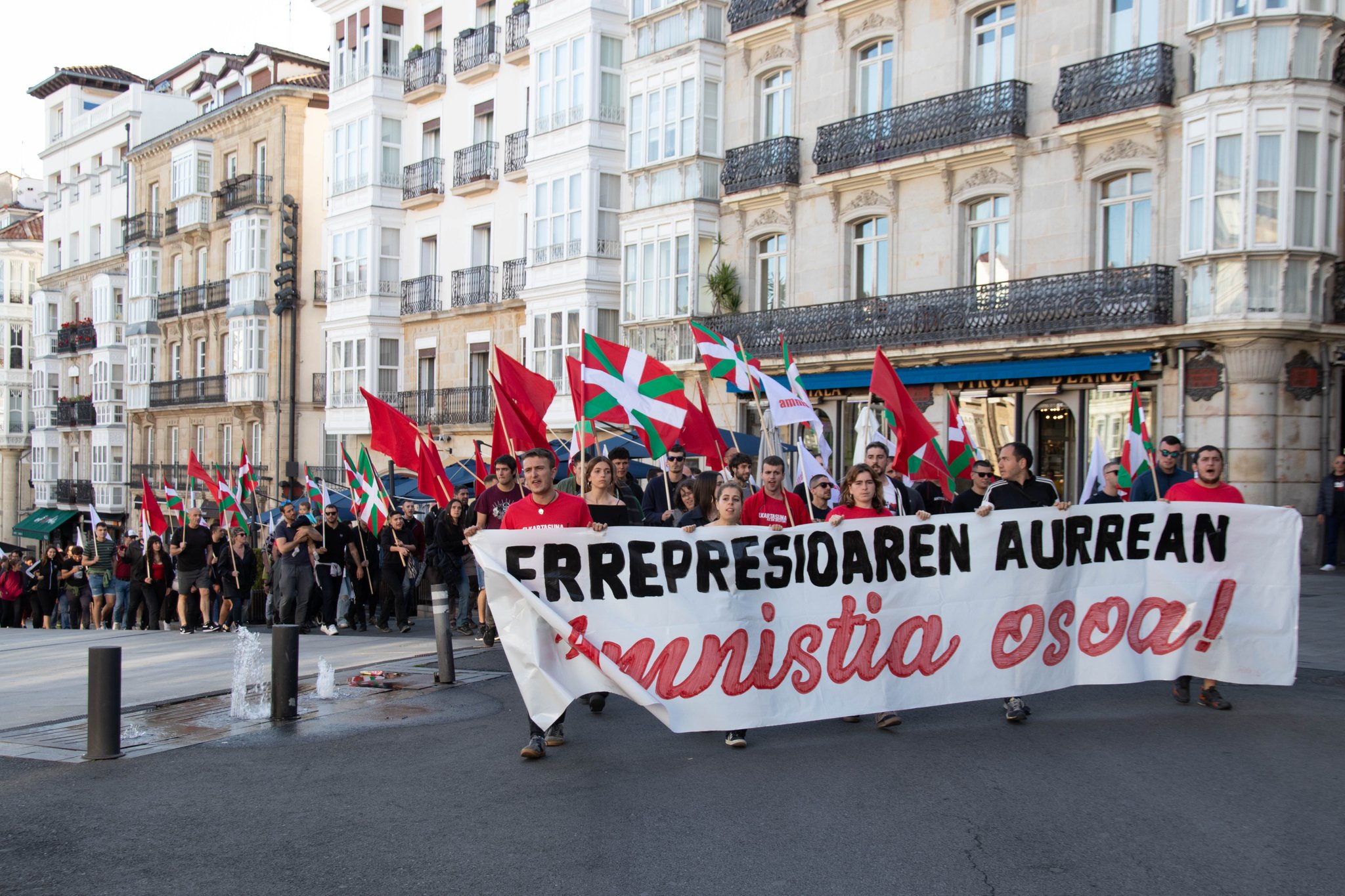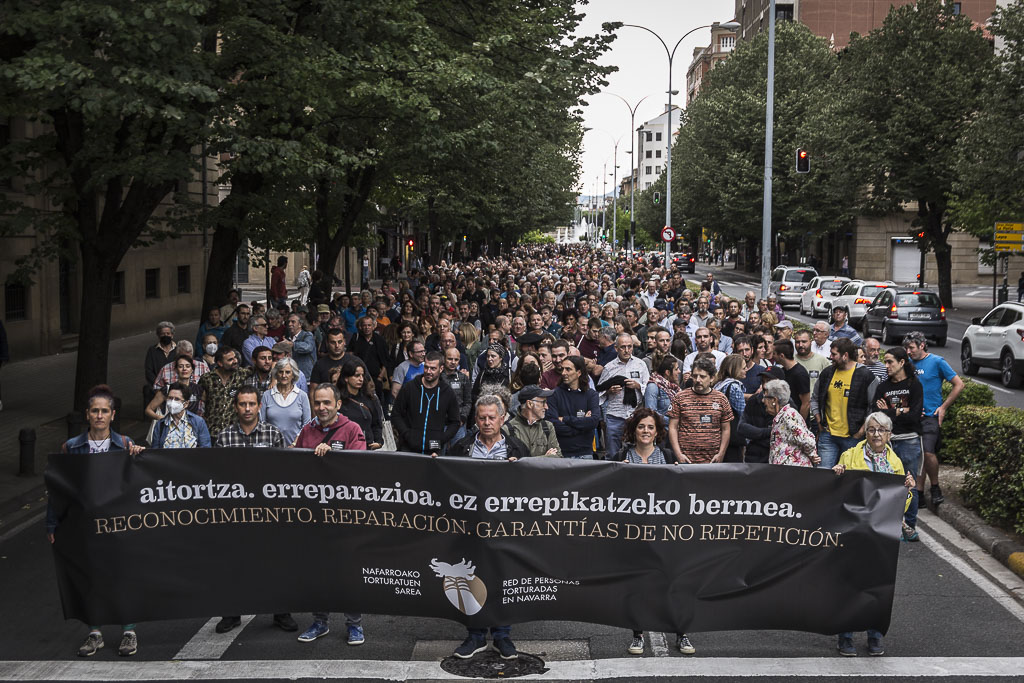The Spanish Ministry of the Interior continues to pay bills to the police and civil guards in Euskal Herria
- The Order of the Ministry of the Interior of October 23, 1984, approved at the time of ETA, established a “retribution” for the concepts of “dangerousness and hardship” for the National Police and the Spanish Civil Guard, which would apply to “all personnel working in conflict zones”. The Spanish Government replied in March to a question from EH Member Bildu Jon Iñarritu on this subject.
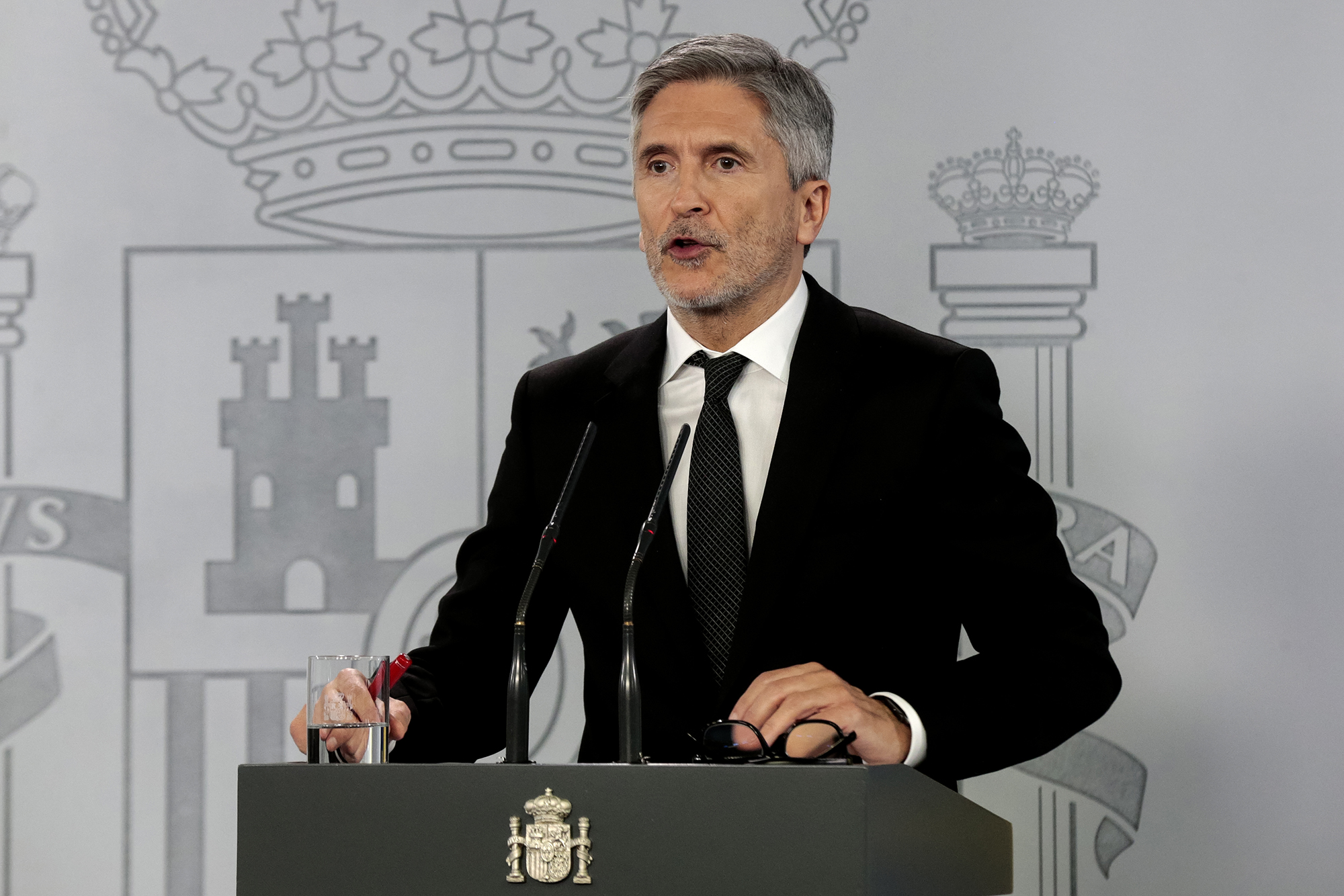
The Spanish Government replied in March to the question put by EH Member Bildu Jon Iñarritu on 13 February. There, the Member referred to the order approved by the Spanish Ministry of the Interior on 23 October 1984, at the time of ETA, and asked whether there had been changes in the "incentives" that were set for the members of the Police and the Civil Guard, as he has now gathered Public. In fact, article 4 of the Order details a “remuneration” received by members of the Spanish National Police and the Civil Guard for the concepts of “dangerousness and hardship”. “This complement will be received by all workers working in conflict zones, regardless of their role,” says Article 4.3 of the Official State Gazette. In the response of the Government of Spain to Iñarritu, it was clarified that “the regulations remain in force regarding the abolition, reduction or modification of these incentives”.
After six years since the dissolution of ETA, Iñarritu has asked several times about these savings in recent years. Asked in 2018, the spokesman for the Unified Police Union, Ramon Cossí, told the public that the Ministry of the Interior was “in agreement with keeping those items” due to the “social rejection” and the “exclusion situation” that the members of the Police and the Civil Guard lived in Euskal Herria. He pointed out that the “lack of normality” was another reason to maintain this plus.
In response to Iñarritu in March 2020, the Ministry of the Interior stated that the costs of “dangerousness” and “territoriality” for 2,676 civil guards and 1,792 national police officers amounted to 22,850.065 euros.
Fusilamenduak, elektrodoak eta poltsa, hobi komunak, kolpismoa, jazarpena, drogak, Galindo, umiliazioak, gerra zikina, Intxaurrondo, narkotrafikoa, estoldak, hizkuntza inposaketa, Altsasu, inpunitatea… Guardia Zibilaren lorratza iluna da Euskal Herrian, baita Espainiako... [+]
Azken astean ezagutarazi moduan, Eusko Jaurlaritzaren Balorazio Batzordeak txosten banatan aitortu ditu estatuaren biktima gisa. Justizia sailburuak ekitaldi pribatu banatan entregatu dizkie dokumentuak.
Guardia Zibilaren historia bat - Hemendik alde egiteko arrazoiak izenburupean, datorren astean argitaratuko dugun 305. LARRUN aldizkariaren pasarte batzuk dira ondorengoak, erakunde armatuaren sorrera garaietan girotutakoak.
Rosa Zarra Ertzaintzaren pilotakada baten ondorioz hil zela da Eusko Jaurlaritzako Poliziaren Biktimen Balorazio Batzordeak atera duen ondorioa, Berria-k jakinarazi duenez. Orain arte, Ertzaintzak beti egin dio uko bertsio horri, eta Rosa Zarra berak zuen gaixotasunaren ondorioz... [+]
Ustez, lokalaren jabetza eskuratu dutenek bidali dituzte sarrailagileak sarraila aldatzera; Ertzaintzak babestuta aritu dira hori egiten. Birundak epaiketa bat irabazi du duela gutxi.
Lau agenteak lesio-delituengatik ikertzen ari dira eta horrek galarazten du 2024ko amnistia aplikatzea. Polizia horietako batek, ustez, gomazko bala batekin begi bat zartatu zion Roger Español kataluniarrari.
Ertzaintzak martxoaren 13an Bilbon zauritutako bi pertsonaren testigantza jaso ditugu. Athleticen partidaren ostean larriki zauritu zituzten aita-semeak, borra-kolpeka, eta atxilo eraman zuten haietako bat. Furgonetatik ikusi zuen ertzainek nola egin zuten tiro jendearen kontra,... [+]
2022ko ekainaren 7an, Directa-k serie luze bateko lehen polizia infiltratuaren kasua argitaratu zuen. Martxoaren 5ean, Belen Hammad fikziozko izena erreta geratu zen, polizia-argotean dioten bezala. Jada hamar dira Directa, El Salto eta El Diario-k azken hiru urteetan argitara... [+]
2023an Zaballako espetxean euskal presoen alde egindako martxarengatik ezarri zizkieten isunak. Helegiteen ezeztapenaren aurrean epaitegietara joko dutela adierazi du antolakundeak, eta Poliziaren inpunitatea salatu du.
Oraingoz Nafarroan, 53 izango dira estatuaren biktima aitortuak eta horietatik 27 torturaren biktimak. Floren Beraza, Txaro Buñuel, Cecilio Ruiz, Patricia Perales eta Izaskun Juarez dira aitortutako torturatu berriak.








